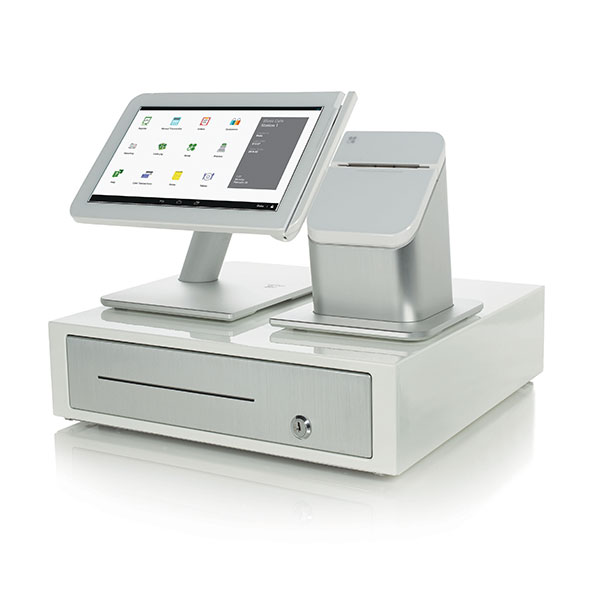
Retail management software plays a crucial role in the success of any retail business. It helps streamline operations, improve efficiency, and ultimately maximize profits. With a plethora of options available in the market, choosing the best retail management software can be a daunting task.
In this ultimate guide, we will provide you with valuable insights and tips on how to select the right retail management software for your retail business to ensure you are maximizing profits.
Finding the Right Fit
Consider Your Business Needs
- Identify the specific requirements of your retail business.
- Consider factors such as inventory management, point of sale, customer relationship management, and analytics.
- Choose a software that aligns with your business goals and objectives.
Scalability and Flexibility
- Ensure the software can scale as your business grows.
- Look for flexible solutions that can adapt to changing business needs.
- Consider cloud-based software for easy scalability and accessibility.
Integration Capabilities
- Check if the software can integrate with your existing systems and tools.
- Look for seamless integration with accounting, e-commerce, and other relevant software.
- Choose a software that offers open APIs for easy integration.
Key Features to Look For
Inventory Management
- Real-time tracking of inventory levels.
- Automated reordering and stock alerts.
- Multi-location inventory management.
Point of Sale (POS)
- Fast and efficient checkout process.
- Multiple payment options.
- Integration with payment gateways.
Customer Relationship Management (CRM)
- Customer database and profiles.
- Customer loyalty programs.
- Marketing and promotional tools.
Analytics and Reporting
- Sales reports and performance analytics.
- Inventory turnover and profitability analysis.
- Customizable reporting tools.
Choosing the Right Vendor
Reputation and Reliability
- Research the vendor's reputation in the industry.
- Check for customer reviews and testimonials.
- Ensure the vendor has a track record of reliability and customer support.
Cost and ROI
- Compare pricing plans and licensing options.
- Consider the total cost of ownership, including implementation and support costs.
- Evaluate the potential return on investment (ROI) of the software.
Support and Training
- Check the vendor's support options, such as phone, email, and live chat.
- Ensure the vendor provides training and onboarding for your team.
- Look for resources such as user manuals, FAQs, and online tutorials.
Implementation and Optimization
Planning and Implementation
- Create a detailed implementation plan with clear timelines and responsibilities.
- Train your team on using the software effectively.
- Ensure a smooth transition with minimal disruption to operations.
Feedback and Continuous Improvement
- Solicit feedback from your team and customers on the software.
- Monitor key performance indicators to track the software's impact on your business.
- Regularly review and optimize processes to maximize the software's benefits.
Conclusion
Choosing the best retail management software is a crucial decision that can significantly impact the success of your retail business. By considering your business needs, key features, vendor reputation, and implementation strategies, you can maximize profits and streamline operations effectively. With the right software in place, you can improve efficiency, boost sales, and ultimately drive growth for your retail business.